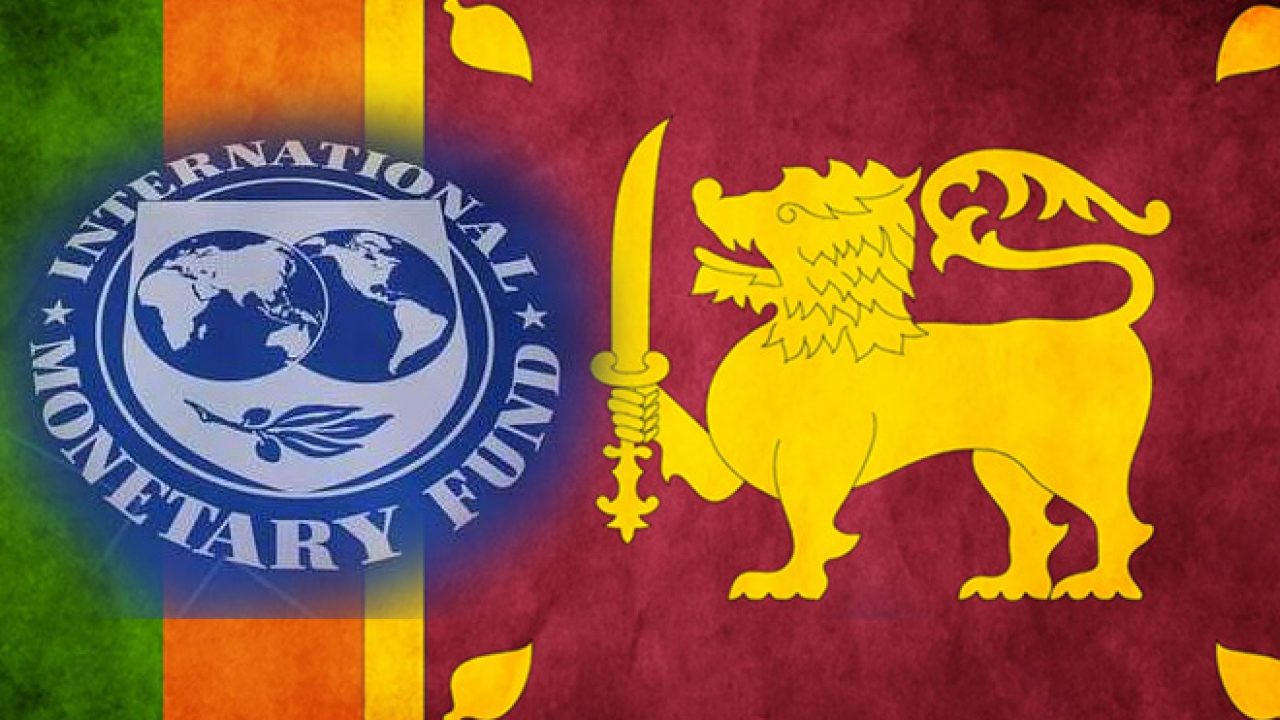State Minister of Finance Shehan Semasinghe says that significant intervention of the IMF and other multilateral lending institutions is necessary to restore the economy of countries like Sri Lanka.
Addressing the ‘Voice of Global South Summit’ of the G20 Finance Ministers’ session on behalf of President Ranil Wickramasinghe, the State Minister of Finance explained the steps taken for the economic stability of the country and to overcome the current economic crisis.
The Minister has said that significant progress has been made in the ongoing International Monetary Fund (IMF) bailout process with the signing of the staff level agreement.
However, the Minister has noted that Sri Lanka is yet to receive financial assurances from its bilateral partners and as a result, has not been able to secure the IMF Executive Board’s approval and the delay is a taking a toll on the lives of the people.
“But we are confident of securing the approvals with the assistance of our partners. However, with this uncertainty surrounding technical concerns and the delay in the much vital approval is taking a heavy toll on the people of Sri Lanka.”
He has further indicated that Sri Lanka expects that the final step of this process will happen soon through mutual understanding.
Meanwhile, with the onset of the crisis situation, Sri Lanka has initiated a number of financial and fiscal sector reforms including the implementation of a progressive tax reform package to achieve fiscal consolidation.
Minister Semasinghe emphasized that for rebuilding and strengthening Sri Lanka’s reserves, the current situation requires the IMF and the other multilateral development organizations to considerably intervene to support fragile and small economies like Sri Lanka.
He said the government’s primary focus is to finance vital socioeconomic infrastructure and the supply of public utilities, both of which are essential for economic development. Several initiatives have been started to create a favorable climate for increased private sector investments in public infrastructure.
Speaking of the reforms, Minister Semasinghe said the National Agency for Public Private Partnership has already established two specialized divisions focused on state owned enterprise reforms and public private partnerships. As a result, restructuring largescale enterprises such as public utilities, transportation and manufacturing are currently being considered. These measures will help to save a noticeable amount of resources that are incurred annually to sustain loss of comparatively lower revenue making entities.
Moving forward, the need for a closely coordinated planning and budgeting framework has been identified as a key for making public investments in the country, the Minister disclosed.
“We have not been able to reasonably assess the impact of public investments, especially with borrowed funds, and its impact on the country’s debt sustainability. Hence, the proposed framework will carefully examine and enable a realistic assessment on investments that are identified for implementation, particularly when using borrowed funds,” he said.


